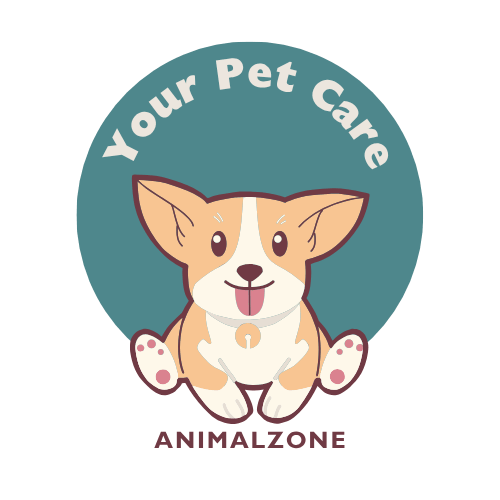When most people think of adopting a dog, they often imagine an energetic puppy bouncing around. But adopting a senior dog can be just as rewarding — if not more. Older dogs often come with calm temperaments, prior training, and an overwhelming amount of love to give. While they may need extra care and consideration, their companionship is truly special.
If you’re thinking about welcoming an older pup into your home, here are the key things to consider before adopting a senior dog.
What Is a Senior Dog?
Generally, dogs are considered senior when they reach the age of 7 years or older, though this can vary by breed and size. Larger breeds tend to age faster and may be considered senior as early as 6, while smaller breeds may not be considered seniors until 8 or 9.
Benefits of Adopting a Senior Dog
Many people overlook older dogs in shelters, but there are so many advantages:
-
Calmer energy: Senior dogs are less hyperactive and usually more content with relaxed walks and cozy cuddles.
-
House-trained: Most senior dogs are already trained, saving you the effort of potty-training or crate-training.
-
Grateful companionship: Older dogs often form strong, emotional bonds with those who rescue them later in life.
-
Lower maintenance: Many seniors require less exercise and stimulation than younger dogs.
Adopting a senior dog is not only a loving act of kindness but also an opportunity to enjoy a mature, gentle companion.

Health Considerations
Senior dogs may come with age-related health issues, such as:
-
Arthritis or joint pain
-
Vision or hearing loss
-
Dental disease
-
Kidney or liver conditions
Before adopting, make sure to:
-
Request a full veterinary history
-
Understand any medications or dietary needs
-
Be prepared for more frequent vet visits
These dogs may need additional care, but with proper support, many live happy and healthy lives for years.
Preparing Your Home
Making your home senior-dog friendly can make a big difference:
-
Add non-slip rugs for better grip on hardwood floors
-
Use ramp access for beds or couches
-
Provide a warm orthopedic bed
-
Minimize stairs or create easy access to favorite areas
Keep in mind that older dogs may tire more easily, so ensure they have a quiet place to rest.
Emotional Adjustment
Senior dogs might need time to adjust, especially if they’ve lost a previous home. Be patient and:
-
Establish a predictable routine
-
Keep commands simple and clear
-
Give them time to build trust at their own pace
Don’t be discouraged if bonding takes a few weeks. Once it clicks, their loyalty runs deep.
Final Thoughts
Adopting a senior dog may not come with years of puppyhood, but it offers something even more meaningful: a second chance at life. You’re giving a deserving dog love, comfort, and companionship in their golden years — and they will repay you with endless gratitude and devotion.
If you have the heart and the home, a senior dog can be the perfect addition to your family.
Learn More:
Visit zoopiahub.com for support, success stories, and senior pet adoption listings.

